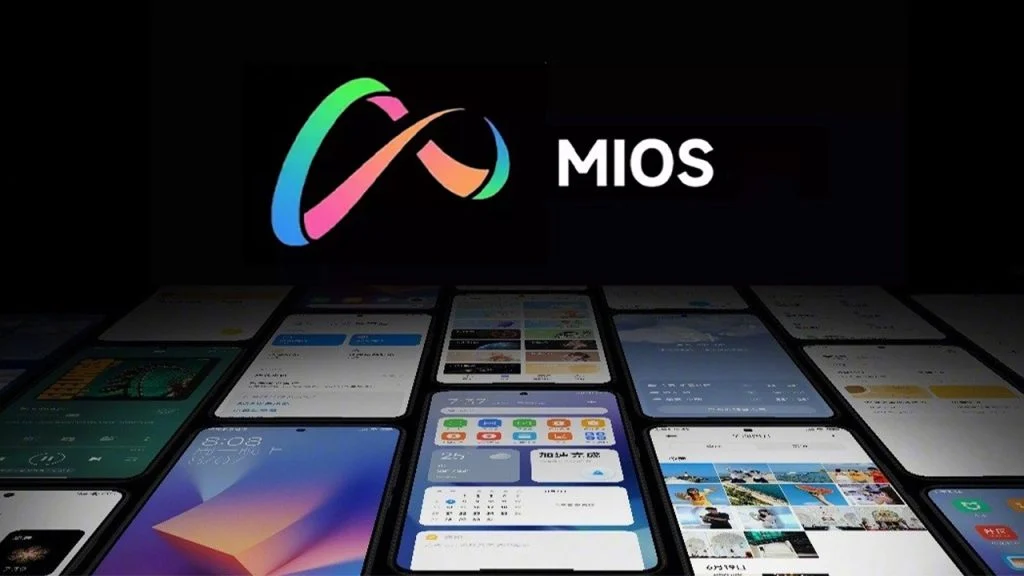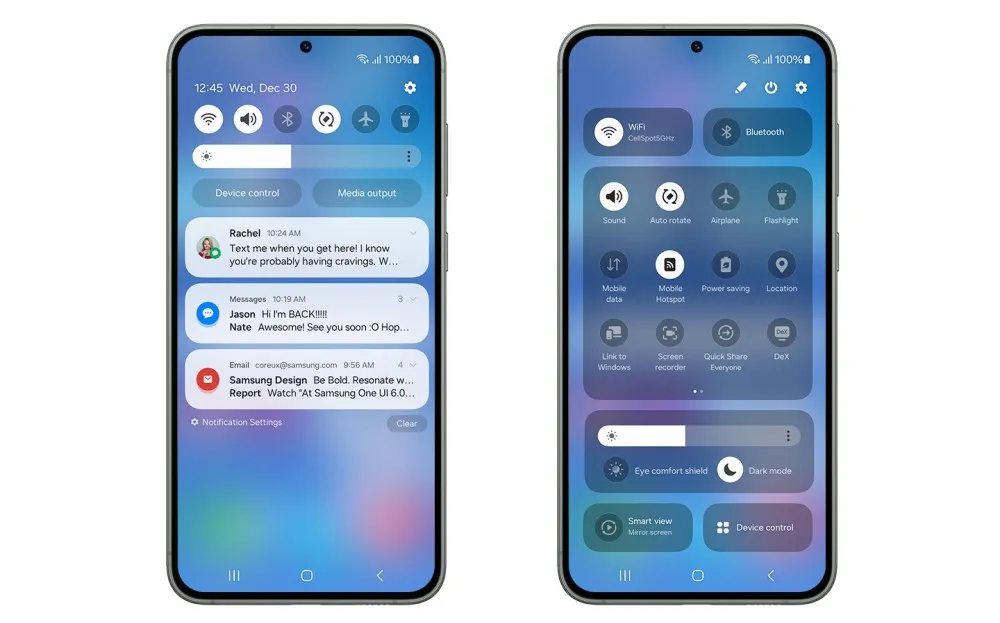Huawei Explores Partnerships with German Car Manufacturers for EV and Smart Car Software Sectors
Chinese tech giant Huawei is actively seeking partnerships with renowned car manufacturers in a strategic move to overcome the obstacles created by US-imposed sanctions. The company recently held closed-door meetings with Audi and Mercedes, the two largest German automotive companies, with the aim of exploring potential joint ventures or partnerships in the electric vehicle (EV) and smart car software sectors.
Huawei is considering spinning off its Intelligent Automotive Solution (IAS) business unit, highlighting its ambition to become a leading supplier of software and components for smart EVs. The IAS business unit is estimated to be valued between $28 billion and $35 billion.
Mercedes' Limited Interest in Huawei's Smart Car Software and Components Firm
Mercedes, one of the automotive giants approached by Huawei, reportedly offered to acquire a 3% to 5% stake in Huawei's smart car software and components firm. However, the German automaker showed limited interest, as it prioritizes retaining control over software and maintaining its premium brand positioning.
Potential Collaboration with Audi on Autonomous Driving Technologies
Audi's level of interest in Huawei's proposal remains uncertain, but reports suggest the possibility of collaboration in the development of autonomous driving technologies for Audi vehicles in the Chinese market from 2025 onwards. This aligns with the broader trend of global automakers seeking partnerships with Chinese companies to cater to the tech-savvy Chinese consumer base.
Huawei's Focus on Partnerships with Electric Car Makers and Established Automakers
As Huawei faces the challenges posed by US sanctions, the company recognizes the need to secure its position as a primary supplier of intelligent solutions for European, US, and Japanese companies. Richard Yu, who oversees Huawei's smart car business, acknowledges these challenges and emphasizes the company's focus on forming partnerships with both smaller electric car makers and established automakers.
Collaboration Trend in the Competitive Chinese Automotive Market
While Mercedes and Audi declined to comment on the speculation surrounding the discussions, Huawei has also remained silent on the matter. Industry experts believe that Huawei's outreach to global automakers reflects a broader trend in the industry, where collaboration is key to introducing advanced features in the highly competitive Chinese automotive market.
Diversified Approach: Partnerships with Established Automakers and Smaller Players
As Huawei navigates the challenges posed by US sanctions, its strategy involves partnerships with established automakers as well as collaborations with smaller players like Series Group. Notably, Changan Automobile plans to invest in Huawei's smart car business, potentially acquiring up to 40% stake. This diversified approach showcases Huawei's commitment to securing investments and partnerships in the automotive sector.
In conclusion, Huawei's pursuit of partnerships with reputable car manufacturers such as Audi and Mercedes underscores its determination to strengthen its presence in the EV and smart car software sectors. As the company faces the impact of US sanctions, these collaborations and investments are crucial for Huawei to secure its position as a leading supplier of intelligent solutions in the global automotive industry.


